Although where you live, the quality of the neighbourhood, the local amenities and the house itself are important components of enhancing your living experience, bricks and mortar don’t in themselves make a happy home. It’s up to us to do that. If we don’t, a house is merely a building that people inhabit, carrying on their independent lives without enriching themselves by the process of living with others.
So what makes for a happy home? In most cases, agreeing a few house rules will help. One important aspect concerns personal space. We all need ‘me time’, that is, time to do our own thing, whether that’s reading a book or watching sport/film on TV or working from home – it’s about both physical and personal space. Families might develop house rules on personal space by osmosis or be forced to make them overt by various conflicts. Either way, for a happy home, they need to be in place.
Another aspect of modern-day living that affects happiness is the constant use of technology in the home – electronic games, mobiles, social media or just plain TV. Tensions can arise by one person’s use interfering with another’s quiet time, so developing some house rules can help here, especially with kids.
Different ‘restaurant times’ in the home can be another source of conflict. Discussing the issues, when they occur, can help to resolve and avoid future problems by coming to arrangements which might well be different during the working week and weekends.
There are also a number of positive things families can also do to create a happier home. Rather than treating the house as a hotel, for example, family members can gain a great deal by just ‘being’ with one another – sharing meals (with phones turned off or left in another room) or watching TV together. Being open about household and other personal matters is also important. Families can benefit greatly by sharing experiences, concerns, worries and problems of everyday life.
But what about those who don’t live with family? According to the Office of National Statistics around 7.7 million people in the UK – roughly 28 per cent of the population – live alone. In some ways it’s probably easier to build a happy home if you’re the only one living in it. No conflict, no interference with quiet time and all the personal space you need... On the other hand, happiness tends to be better shared, so having friends round is a good way to fill your home with positive energy. Pulitzer prize winner Charles Duhigg (The Power of Habit) believes that something as simple as making your bed every day could make your home happier: it's all to do with setting a 'keystone habit' which in turn has a positive effect on other areas of your life.
The long and the short of it is, the home can be a lot more than just a sanctuary from life outside, it can enrich our lives and provide the social support systems we all need in an uncertain and fast-moving world. But you can’t buy a happy home off the shelf. You have to build it yourself.
Further information
'How to build a happy home' is the first in our new series of blogs, A Savills Love Story, inspired by Savills new advertising campaign. Each week, the pre-eminent psychologist, Professor Sir Cary Cooper, CBE, will consider how our love stories are changing now that so many of us work from home, and the ways in which we can ensure we all live happily ever after.
As part of our series, we invite you to submit your own Savills Love Story. What made you fall for your home? Was it love at first sight or more of a slow burn? Do you have a 'type' or is your approach to house-buying more pragmatic? Or tell us about your fantasy home – the magical place you've always wanted to live, perhaps inspired by a novel or a fleeting glimpse in a magazine? We will donate £50 to YoungMinds for every story we publish on Savills UK Blog. We'll also make a donation for every story submitted for consideration.
.png)
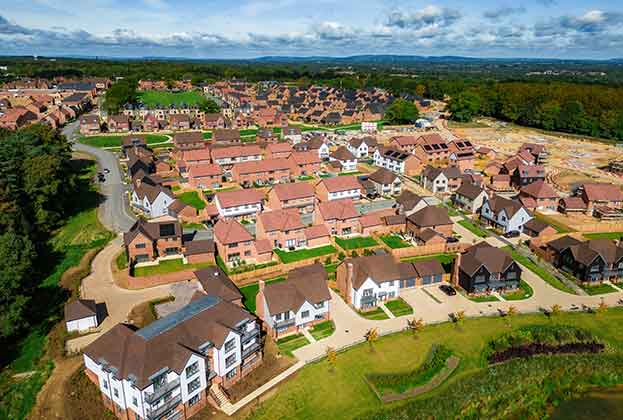
(2).jpg)
.jpg)
.jpg)
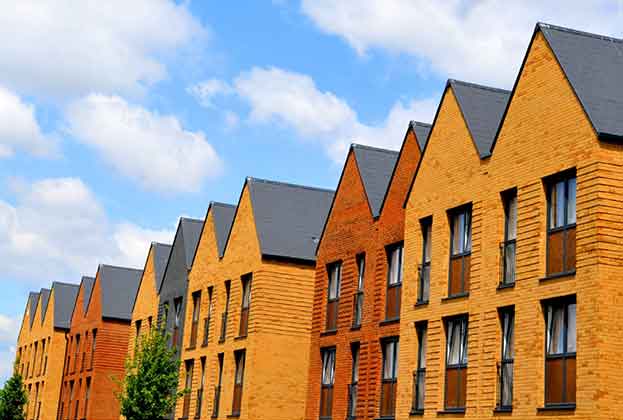
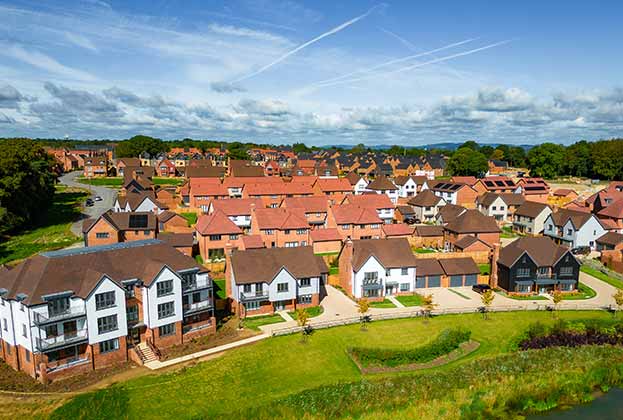
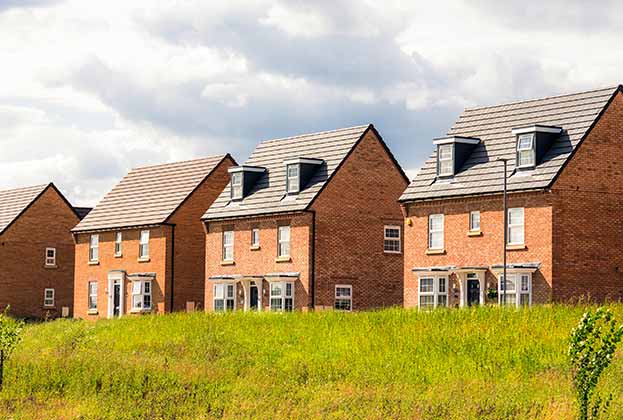
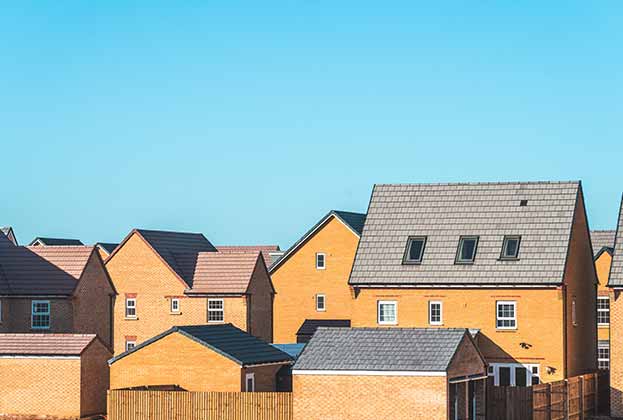
.jpg)
.jpg)